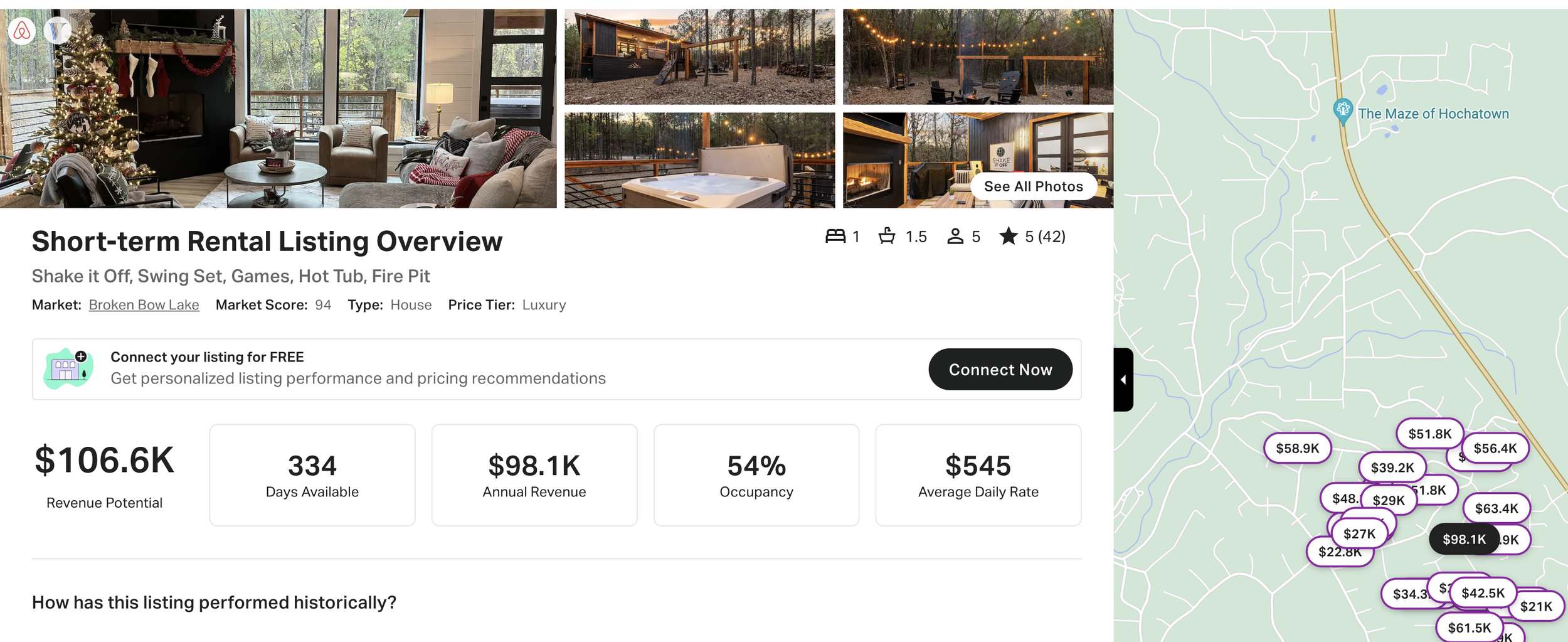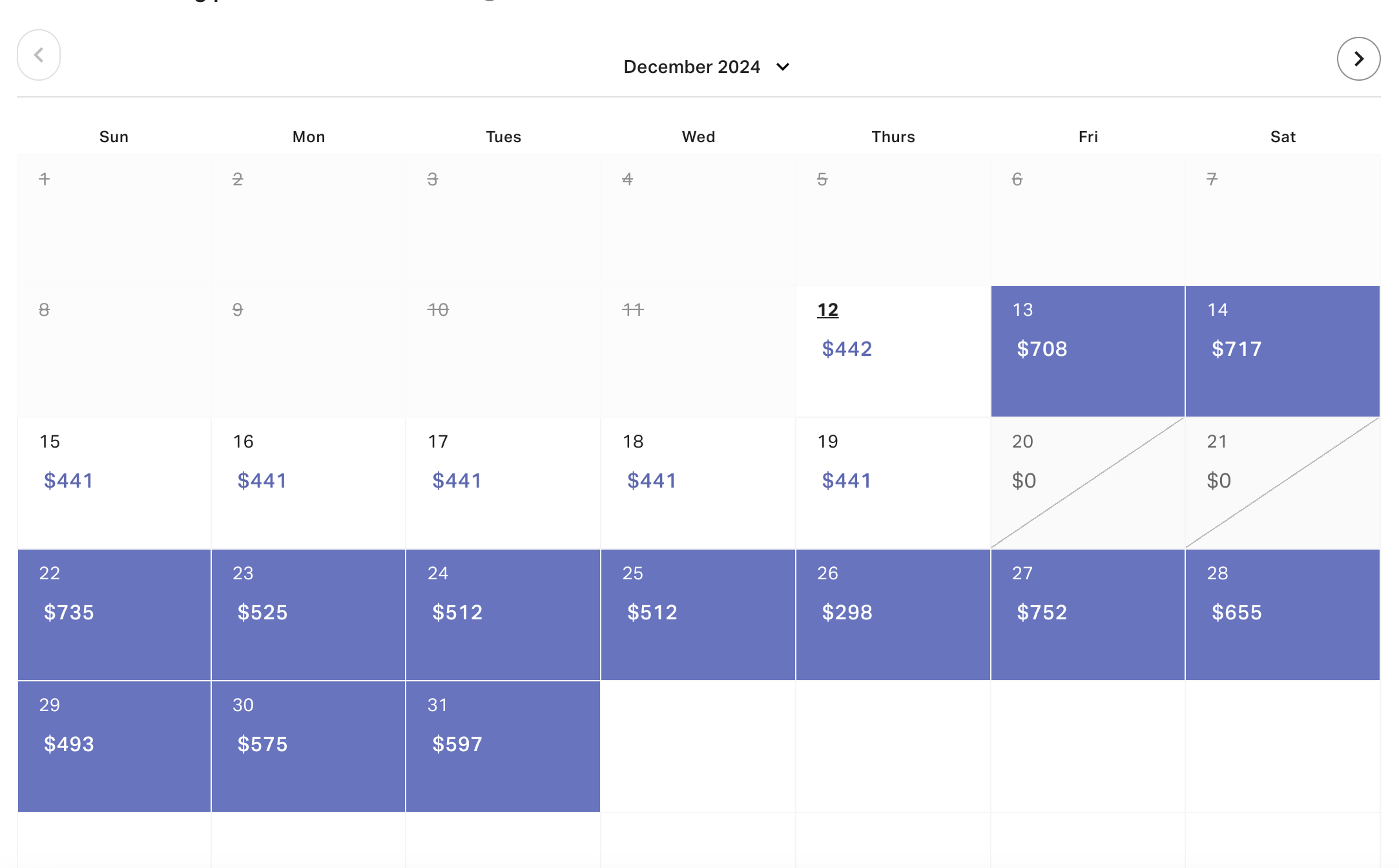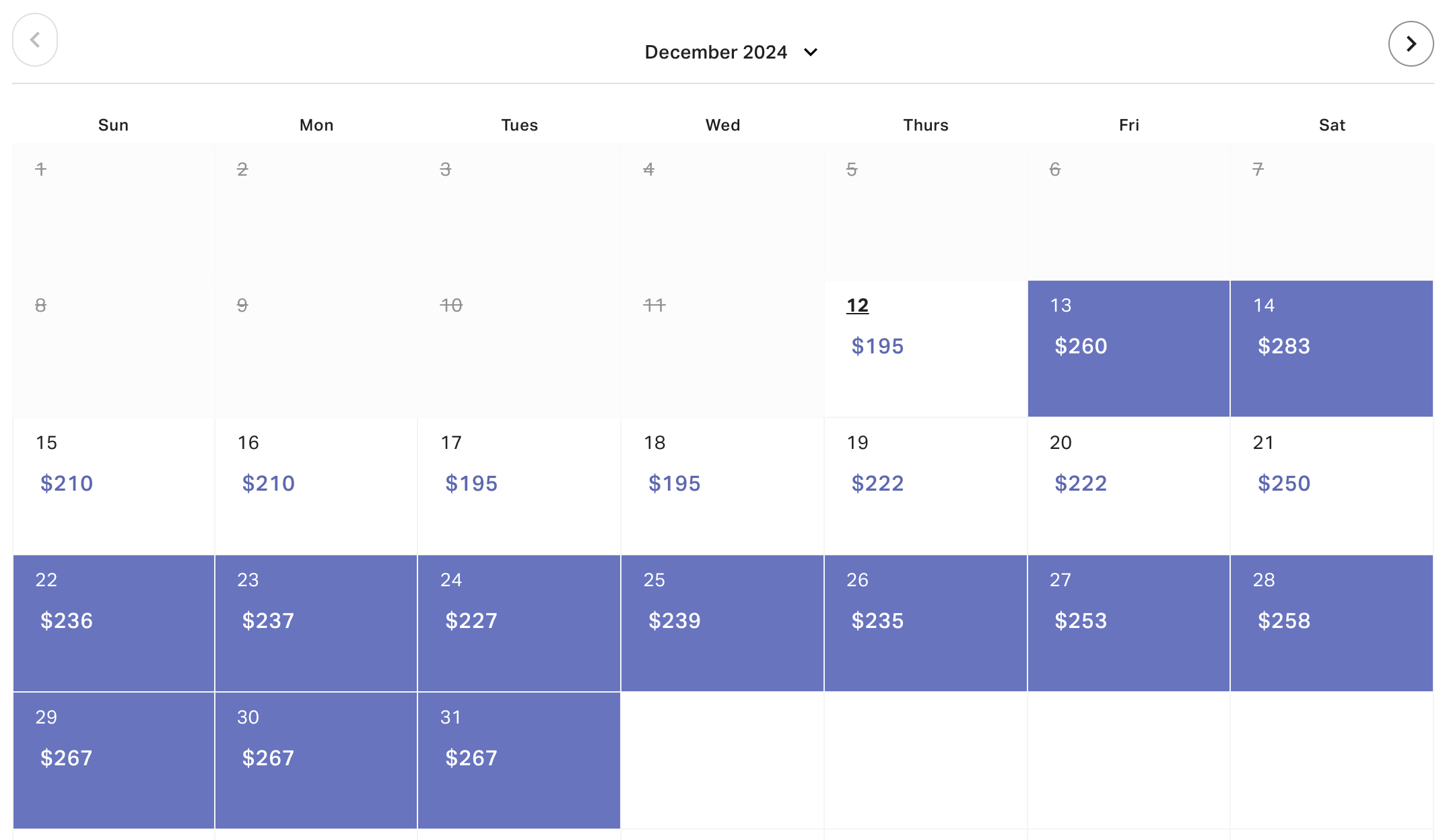Long-Term vs. Short-Term Rentals: Which One is More Profitable?
The real estate market presents various opportunities for property owners, with rental strategies being among the most popular ways to generate income. As a property owner, deciding between long-term and short-term rentals can significantly impact your profitability and management style. Long-term rentals typically involve leasing a property for an extended period, often a year or more, while short-term rentals cater to transient guests seeking temporary accommodations.
Each strategy has its pros and cons, influenced by factors such as location, market demand, and personal investment goals. As the rental landscape continues to evolve—especially with the rise of platforms like Airbnb—property owners must carefully evaluate their options to maximize returns. This article will delve into the key differences between long-term and short-term rentals, helping you determine which strategy is more profitable for your unique situation.
Long-Term Rentals
Advantages
Steady Cash Flow: Long-term rentals provide consistent monthly income, making it easier to budget for expenses like mortgage payments and maintenance costs.
Lower Management Efforts: With tenants typically signing leases for a year or longer, landlords face less frequent turnover, reducing the time and resources spent on marketing and tenant screening.
Stable Tenancy: Long-term tenants are often more stable, leading to fewer vacancies and less wear and tear on the property.
Tax Benefits: Property owners can benefit from tax deductions related to mortgage interest, property taxes, and depreciation over time.
Disadvantages
Less Flexibility: Once a lease is signed, landlords may have limited options to adjust rent or use the property for other purposes until the lease expires.
Market Sensitivity: Long-term rental markets can be affected by economic downturns or changes in local job markets, potentially leading to lower demand.
Short-Term Rentals
Advantages
Higher Rental Rates: Short-term rentals often command higher nightly rates compared to traditional long-term leases, leading to potentially greater overall income during peak seasons.
Flexibility: Property owners can use their properties personally when not rented out or adjust pricing based on demand fluctuations throughout the year.
Diverse Income Streams: Owners can diversify their rental portfolio by offering different types of accommodations (e.g., vacation homes, corporate housing).
Disadvantages
Higher Management Requirements: Short-term rentals require more active management due to frequent tenant turnover. This includes marketing the property, cleaning between guests, and addressing guest inquiries promptly.
Variable Income: Income from short-term rentals can be inconsistent, heavily influenced by seasonal trends and local events.
Regulatory Challenges: Many cities have imposed strict regulations on short-term rentals, including licensing requirements and limits on rental days per year.
Comparison Table
Finally
Choosing between long-term and short-term rentals depends on various factors, including your financial goals, risk tolerance, and willingness to manage properties actively. Long-term rentals offer stability and predictable cash flow, but may lack flexibility. In contrast, short-term rentals can yield higher profits but require more hands-on management and adaptability to market changes.
Ultimately, successful property investment hinges on understanding your local market dynamics and aligning your rental strategy with your personal circumstances. By weighing the pros and cons of each approach, you can make informed decisions that enhance your profitability in the competitive real estate landscape.
FAQs
Which rental strategy is better for maximizing profit?
It depends on your location and market demand; short-term rentals typically yield higher rates but come with increased management efforts.
How do I determine if my property is suitable for short-term renting?
Consider factors like location (tourist attractions or business hubs), local regulations regarding short-term rentals, and potential competition in the area.
What are some effective marketing strategies for my rental property?
Utilize online platforms like Airbnb or VRBO for short-term rentals; for long-term rentals, consider local real estate listings or social media advertising.
How should I price my rental?
Research comparable properties in your area to set competitive rates. For short-term rentals, adjust prices based on seasonality or local events.
What are the tax implications of renting out my property?
Consult with a tax professional to understand deductions available for both rental types, such as mortgage interest or operating expenses.
Can I switch from long-term to short-term renting?
Yes, but check local laws regarding zoning and licensing before making the switch. You may need to make adjustments to your property as well.







